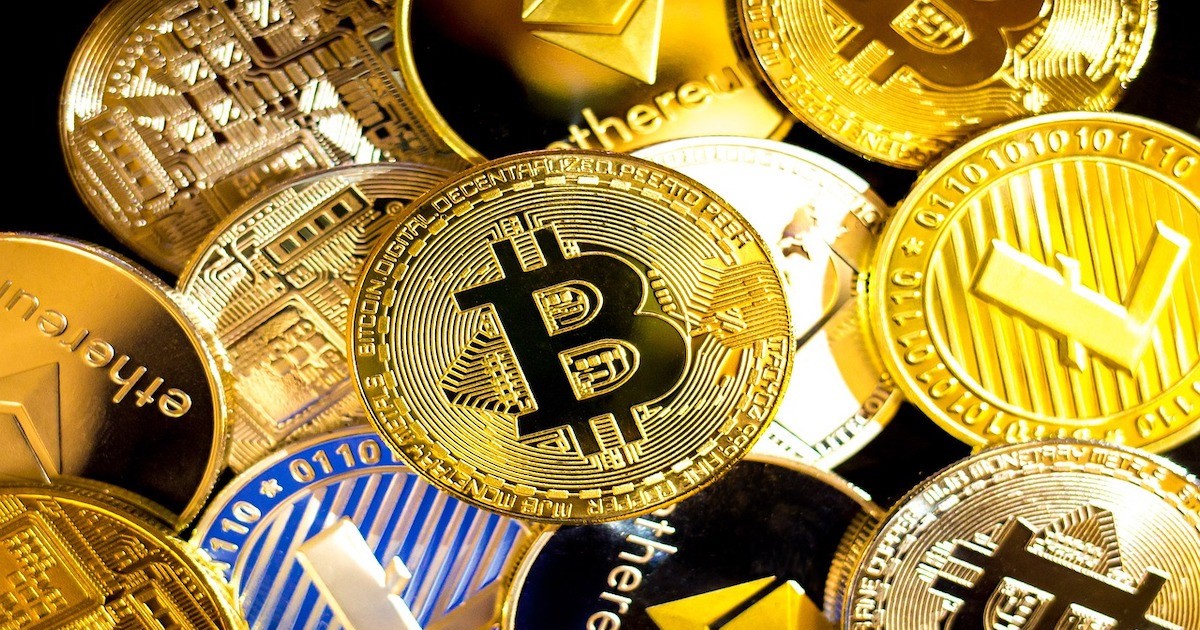
The core issue is whether countries should use securities law framed decades ago to categorize crypto tokens, without realizing the efforts of blockchain networks’ to transform existing financial systems, the report said.
The direct application of decades-old securities laws could result in the classification of certain tokens as securities, Bernstein said in a research report on Monday.
However, the view that all tokens other than bitcoin (BTC) are securities does not leave any room for “blockchain networks to attain decentralization over time, and for tokens to have functional utility within the network,” analysts led by Gautam Chhugani wrote.
The question of whether crypto tokens are securities or commodities is at the heart of the U.S. Securities and Exchange Commission’s lawsuits against crypto exchanges Binance and Coinbase (COIN), Bernstein said in a report last week.
The regulator said last Monday that it was suing Binance, its founder Changpeng “CZ” Zhao and the operating company for Binance.US on allegations of violating federal securities laws. A day later it sued rival exchange Coinbase on similar charges.
The core issue is whether countries should use securities laws framed decades ago, “without realizing blockchain networks’ very aim is to transform the decades-old financial and securities market systems, with more transparency, instant settlement times, disintermediation of middlemen, automation and reduced costs, global liquidity and interoperability,” the report said.
Bernstein says this is splitting the world into jurisdictions, which see this as an opportunity to attract talent and capital.
Progressive steps by the U.K., Europe, Hong Kong, Singapore and the Middle East are attempts to gain an advantage and build crypto hubs, while the U.S. deals with regulatory uncertainty, the note said.
Related
Source: Vietnam Insider
